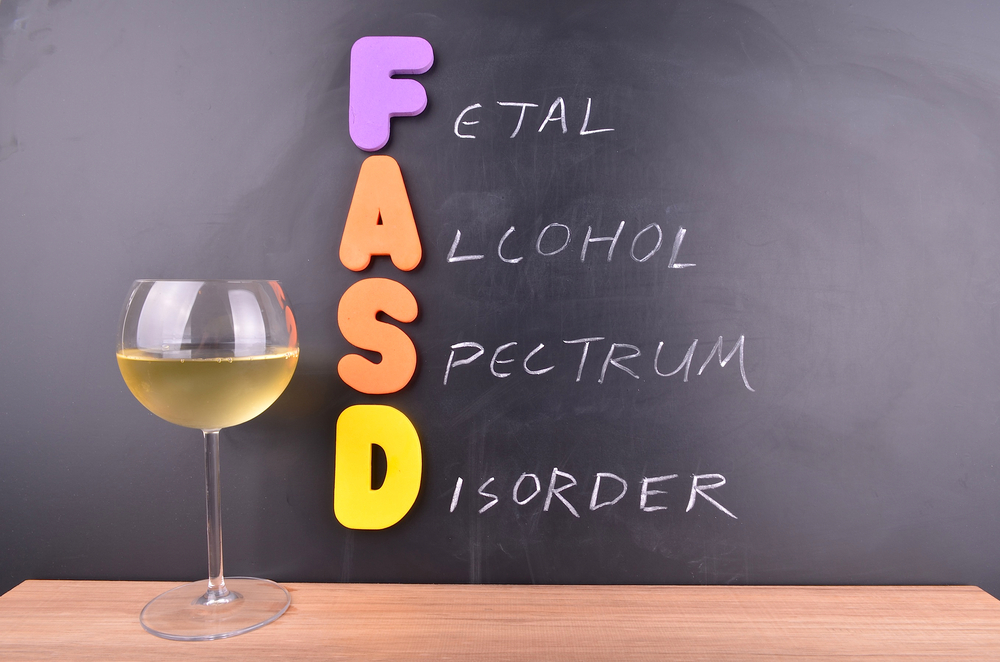Fetal Alcohol Spectrum Disorders are a group of conditions that occurs in babies whose mothers drank alcohol during pregnancy. FASD is the term used to define abnormalities that result from alcohol exposure during the pregnancy period. The effects in babies include behavior, physical and learning problems. Pregnancy exposure to alcohol may also damage the growth stage of the fetus. Alcohol exposure affects brain development, and is one of the reasons behind birth defects and developmental disabilities. Babies with FASD have their own unique signs and symptoms. The more alcohol a mother drinks during her pregnancy, the higher the risk of the fetus for developing FASD. Even low to moderate amounts of alcohol have effects on the fetus’ brain and other organs.
There are many problems that your child may experience if he or she has FASD. These include:
- Hyperactive behavior
- Low body weight
- Small head
- Abnormal facial features
- Difficulty in memory and attention
- Speech and language problems
- Low IQ
- Health problems, including those affecting the heart, kidney and brain


